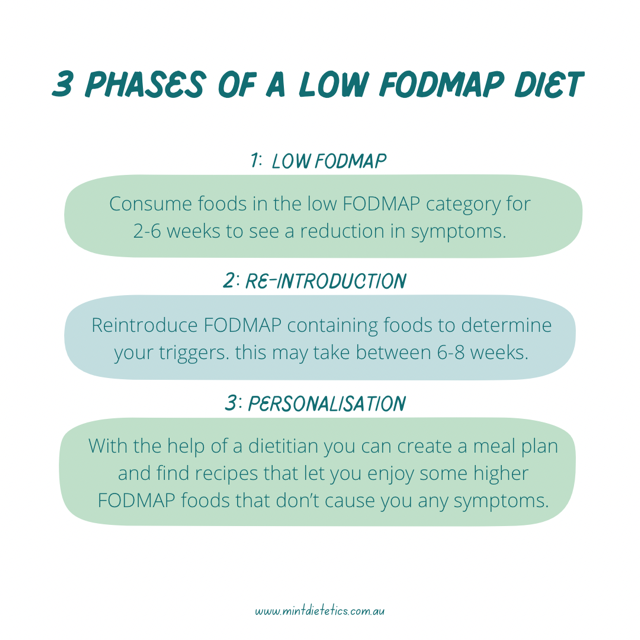Mystery Between Endometriosis and IBS Solved
- Jenny Jacobs

- Aug 14, 2021
- 2 min read

Endometriosis affects 1 in 9 women in Australia with an extremely long diagnosis period averaging around 6.5 years. This may be due to sharing some of its symptoms with Irritable Bowel Syndrome (IBS). These two conditions both cause abdominal cramping, bloating and other symptoms which make it hard for doctors to distinguish between the two. By understanding your symptoms and the differences between the two conditions, you may help speed up your diagnosis and get the right help for you.
What is Endometriosis?
Endometriosis is a chronic condition where endometrial cells that typically grow to form the uterus lining are found growing outside the uterus. Some are found on sites such as the fallopian tubes, ovaries, and intestines. This growing tissue outside the uterus continues its normal function, it builds up and breaks down causing bleeding in every menstrual cycle. This blood becomes trapped causing inflammation and increased pain. This can affect ovulation, bowel movements, and fertility.
Common Symptoms Include:
Abdominal cramping during period
Infertility
Constipation
Nausea
Irregular bleeding throughout menstrual cycles
Pain during and/or after sex
Pain with bowel movements
Fatigue
These symptoms can not only be confusing to you but also for your doctor. Some women relate these symptoms to their cycle and nothing more, while doctors often misdiagnose IBS due to inflammation causing problems with bowel movements. Your symptoms may vary depending on where the stray tissue/cells are growing.
What Causes Endometriosis?
Unfortunately, the cause is still unknown. Genetic factors have been linked to diagnosis however it is not consistent. There are some factors that increase your risk of endometriosis including early menstruation (before age 11), late menopause, short or long and heavy menstrual periods, low body weight, high estrogen levels, as well as never giving birth.
What is IBS?
IBS effects around 1 in 5 Australians over their lifetime. It is a chronic gastrointestinal disorder, meaning it effects the large intestine, causing abdominal cramps, constipation, and diarrhoea. The difference between the abdominal pain felt in IBS is that it does not link to your period. It is more closely linked to your bowel movements. The cause of IBS is unknown, symptoms however have been shown to be triggered by diet, stress, or infection. “Trigger foods” can change from person to person.
Are You Just Having a Bad Period, or Should You See a Doctor?
Uncomfortable symptoms such as changes in bowel movements including constipation or diarrhoea, increased pain during periods, pelvic pain and increased abdominal cramping are important to pay attention to. These are not just signs of a bad period.
If you are experiencing these symptoms do not be afraid to ask for help. There are treatments and strategies to manage diet and stress that can help improve your quality of life today.


%20-%202025-01-10T222601_189.png)



Comments